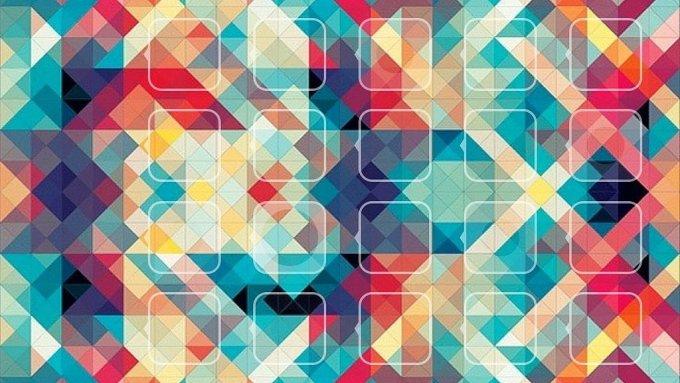
Get the latest articles delivered directly to your inbox!
Our Contributors
Class of 2022
Kyle Duke
Austin Foster
Charlotte Leblang
Ross Lordo
Class of 2021
Dory Askins
Connor Brunson
Keiko Cooley
Mason Jackson
Class of 2020
Megan Angermayer
Carrie Bailes
Leanne Brechtel
Hope Conrad
Alexis del Vecchio
Brantley Dick
Scott Farley
Irina Geiculescu
Alex Hartman
Zegilor Laney
Julia Moss
Josh Schammel
Raychel Simpson
Teodora Stoikov
Anna Tarasidis
Class of 2019
Michael Alexander
Caitlin Li
Ben Snyder
Class of 2018
Alyssa Adkins
Tee Griscom
Stephen Hudson
Eleasa Hulon
Hannah Kline
Andrew Lee
Noah Smith
Crystal Sosa
Jeremiah White
Jessica Williams
Class of 2017
Carly Atwood
Laura Cook
Ben DeMarco
Rachel Nelson
Megan Epperson
Rachel Heidt
Tori Seigler
Class of 2016
Shea Ray
Matt Eisenstat
Eric Fulmer
Geevan George
Maglin Halsey
Jennifer Reinovsky
Kyle Townsend
Join USCSOMG students on their journeys to becoming exceptional physician leaders.

Why I Vote “Yes” for Lifestyle Medicine
Today, America faces unique healthcare challenges. Instead of fighting malnutrition and overwork, we’re fighting overfeeding and sedentary lifestyle. Ironic as that may seems, the number of people affected by health problems that lifestyle changes could address is no laughing matter.
Based on that information, what’s a med school to do? Teach lifestyle medicine of course; educate med students thoroughly about nutrition, physical exercise, and patient communication and motivation. That seems like an excellent plan, but at times, we med students can be difficult. We think, “Why bother teaching us things we should know already such as sleep well, eat well, exercise frequently, manage your stress adequately.” Everyone knows those things, right? Why not maximize teaching time to cram science and medicine into our heads? That’s what “the boards” (the daunting standardized test all med students take after their second year) focuses on. Obviously, to be good doctors, we need to do incredibly well on the boards, right?
I used to think that way. But then, I went to med school.
The summer before I started med school, I had high aspirations. I assumed that “I had it in me to succeed,” that if I could only focus hard enough, push long enough, work hard enough, I could do well academically. I was right, to some extent. I was able to do well academically, but as the year of med school progressed, I found that my unwavering “be an excellent student” goal crowded many, many other things out. In order to have “enough” time to study, I cut back further and further on sleep. Consequently, I felt too tired to exercise as much as I had before. As a lifelong Type 1 diabetic, I found it more and more difficult to keep my blood sugar under control and more and more difficult to eat well. By the end of the year, I had good grades, but I’d wake up every morning dreading the day. I didn’t have the Carpe Diem that had previously governed my life. I was miserable.
I knew things needed to change.
Now as an M2, I’ve made some significant alterations. I’ve decided some things outside of school are simply non-negotiable. I’m sleeping more. My goal is seven hours a night. I don’t always get that much, but I’m usually pretty close. I’m exercising for an hour a day because I know that’s how much I need to feel my best and keep my blood sugar under control. I’m being much more careful about the right amount of wholesome, nutritious food in my body. I’m spending more time relaxing with family and friends.
Certainly, these changes have crowded out study time. I’m sure because of them I’ll lose a few points on the boards. But do you know what? That’s fine with me. I’ve realized that being an excellent doctor doesn’t necessarily mean being the best at cramming every possible fact into your brain. Yes, you need to know the technical aspects of your field well, but you also need to live a balanced life yourself, know when to ask others for help, and be able to lead your patients to health by being healthy yourself.
My personal health and wellness revolution made me reconsider the idea of lifestyle medicine training as part of med school curriculum. Now, instead of seeing it as arbitrary, unnecessary, and really just a relearning of common sense, I believe it’s a vital part of medical education. Like the things I was denying myself during M1—sleep, wholesome food, adequate relaxation time and physical activity—focusing on it may not give me the most stellar possible boards score, but I believe it will better equip me to deal with the medical challenges that plague America today. I wholeheartedly believe it will make me a better doctor.
Transforming Medical School Blog
Copyright 2021 USC School of Medicine Greenville


